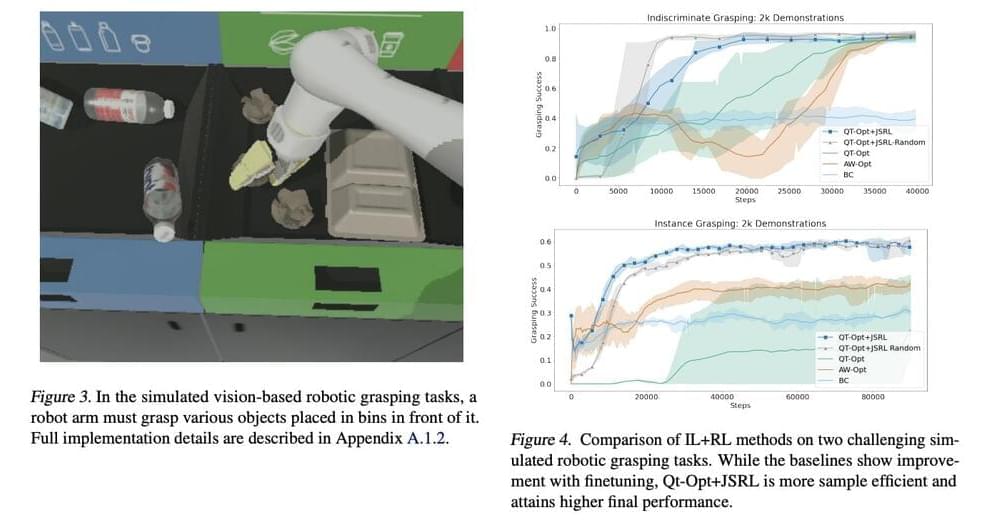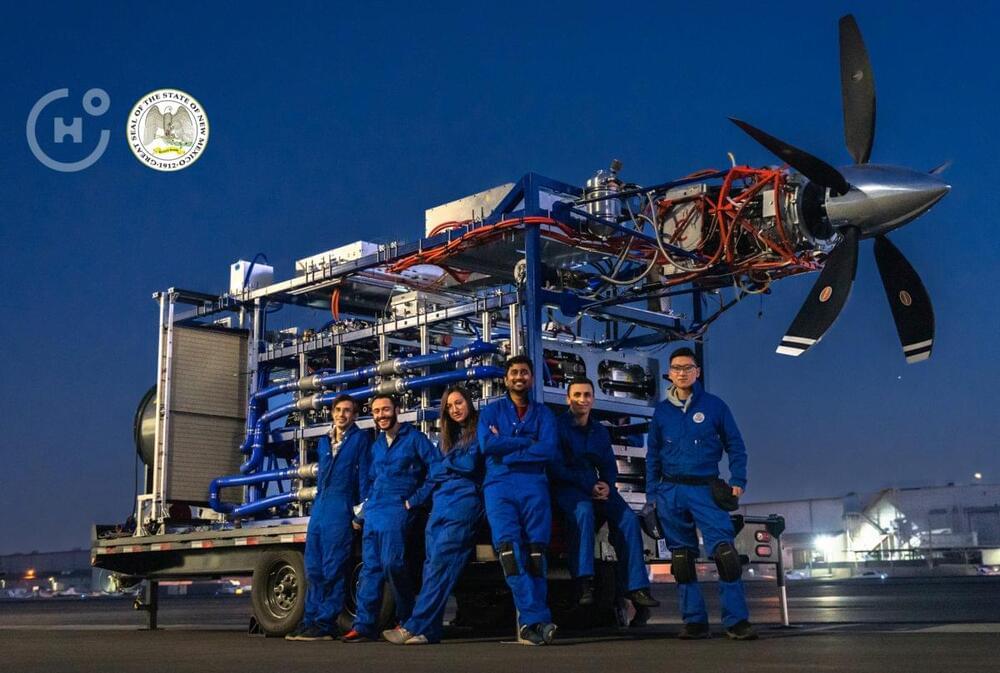For those not paying attention, Tesla has been unable to build cars in China for a few weeks as China shuts down due to a zero Covid policy. Here’s a short video about life in China:
China’s financial hub Shanghai has started easing its lockdown in some areas on Monday, despite reporting a record high of more than 25,000 new Covid-19 infections, as authorities sought to get the city moving again after more than two weeks.
Pressure has been building on authorities in the country’s most populous city, and one of its wealthiest, from residents growing increasingly frustrated as the curbs dragged on, leaving some struggling to find enough food and medicine. Footage circulating online showed people screaming from their balconies, with the person filming claiming it was because people had grown tired of China’s strict lockdown rules.
Shanghai to ease lockdown despite surge in Covid cases ► https://www.theguardian.com/world/2022/apr/11/shanghai-to-ea…ovid-cases.
The Guardian publishes independent journalism, made possible by supporters. Contribute to The Guardian today ► https://bit.ly/3uhA7zg.






